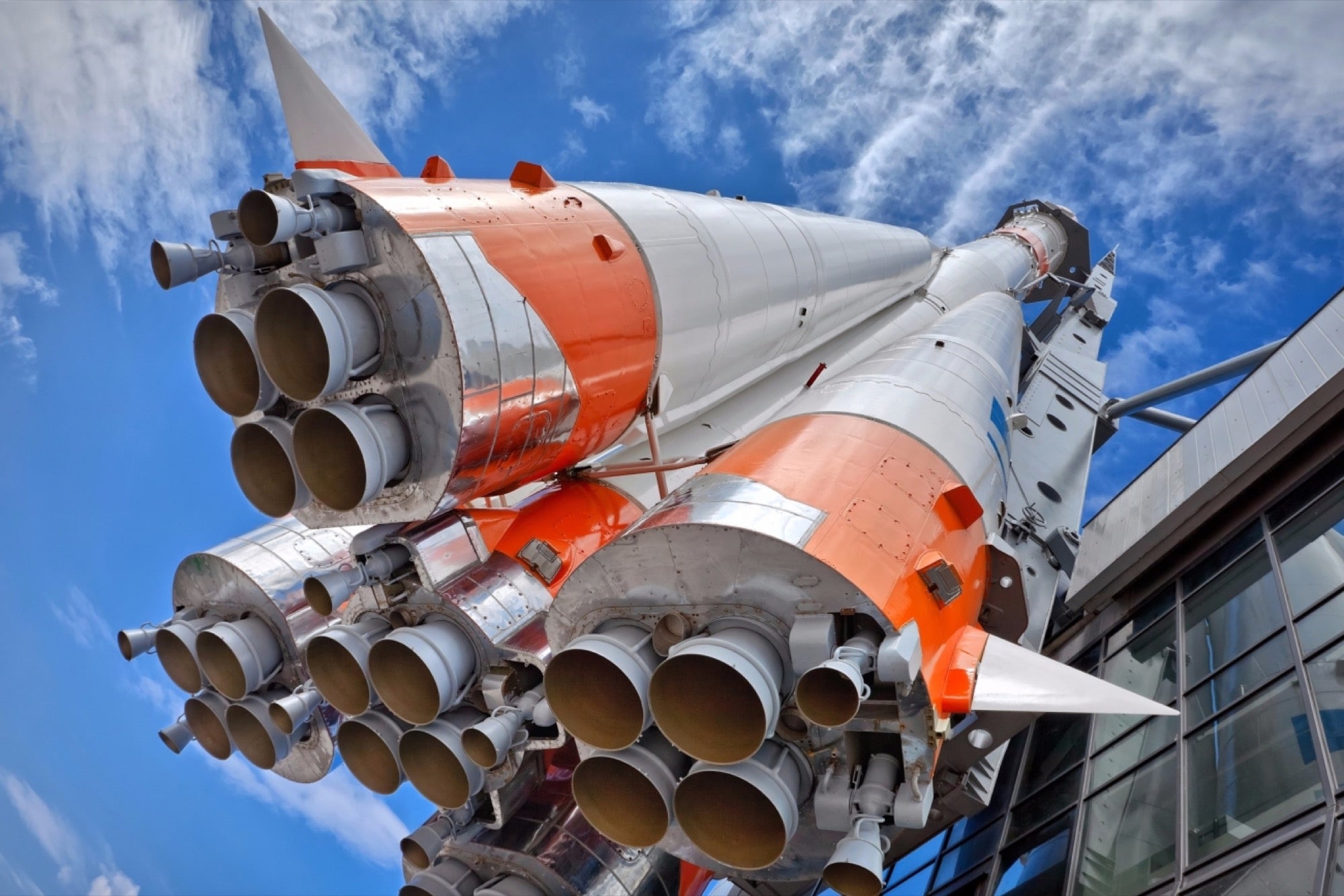Space Missions, Google Expeditions: Why The UAE Is Rooting for Mars It might be a long time before we actually step on Mars, but have we already progressed enough to virtually step on it.
Opinions expressed by Entrepreneur contributors are their own.
You're reading Entrepreneur Middle East, an international franchise of Entrepreneur Media.

If it has been long while since you have had a tete-a-tete with science, this might just be the perfect time. It is a time when technology seeks wider scope than ever, and although often perceived as entirely discrete, technology and humanities have only walked hand in hand- and now, new innovations are vying for your attention. But there's something that doesn't have to.
Every big economy has allocated a special budget to it -Mars Mission is in vogue- and lately, the UAE government has been seeking talent acquisition through its Space Settlement Challenge. The Space Settlement Challenge looks for "innovative high-risk, high-reward projects that would be difficult to fund otherwise." While this might seem to be an uncanny description to many, it actually speaks volumes about the UAE government's penchant for innovative ideas.
The initiative sparks an encouraging renaissance in the already confident UAE's space program. Noah Raford, the Chief Operating Officer and Futurist-In-Chief at the Dubai Future Foundation, will oversee the program. "It's not just about engineering solutions," he says. "We're looking for social scientists, designers, and artists to tackle not just the infrastructural issues around space settlement, but also the business models that are going to help us get off planet."
The UAE government has planned for the Mars spacecraft to arrive on the planet's surface in 2021, which has been strategically chosen to coincide with the country's 50th foundation anniversary. "Hope" is the thoughtfully crafted name of the mission, reflecting optimism for a new place for human life.
With such trumpeting missions and the ongoing hustle for space projects, it now seems that a common man can 'practically' start wondering about how life on Mars would be. Interestingly, the UAE has also confirmed that it aspires to create a colony on the Red Planet by 2117.
Yet, maybe we don't have to wait that long. Perhaps we don't have to fantasize this scenario since many schools kids are actually living it, so let me explain. I'm talking about the Google Expeditions and its highly popular field trip to Mars. When we reflect on the idea of Mars mission, it would be a sin to skip mentioning the pioneering efforts by Google to bring Mars into the classroom.
Students worldwide are using cardboard to tour Mars through Virtual Reality (VR). This particular field trip was a strong bet by Google in mainstreaming VR and inducing enthusiasm in kids towards space. The trip shows the terrain on Mars in real depth. The rocks and cliffs are projected out towards the user. The shadows over the surface make the interface even more realistic. Students who have experienced a trip to Mars by means of VR talk eagerly about their experiences. Their young minds are swayed as they walk on Mars, tilt their heads, and examine the space around.
Education is the 'tipping point' that will make Virtual Reality the rage amongst the masses.
Interestingly, the Middle East is recently witnessing staggering advancements in the development of autonomous technologies. A fair share of this progression is attributed to Google and its efforts in deepening the roots of wearable technology in the region. The tech giant is offering field trips in the ME with the VR kit VRXOne.
Google's Middle East partner for field trips, Munfarid goes on to stress the effect of VR with a 'go to school program'- a VR awareness program aspiring to demonstrate 1 million expeditions in the Middle East. Amongst the many field trips being shown through this ongoing program, the ones that are fondly reviewed by the students are of Mars and Antarctica. While this VR trip enhances the students' curiosity towards space, it also generates a will for them to take up astro-science as an option.
It won't be wrong to make this statement. Mars mission has taken the world by storm. Also, it has given the hope of stepping on a new celestial body other than the moon. So, will it be a long time before we actually step on Mars? Sure. But have we already progressed enough to virtually step on it? Absolutely!
Related: Dubai Chamber's Khalil Haddad On The Need To Define Innovation In The UAE Before Fostering It










